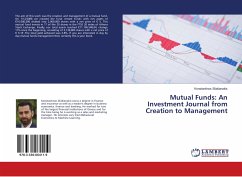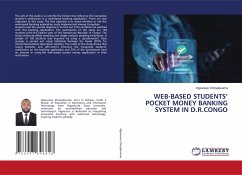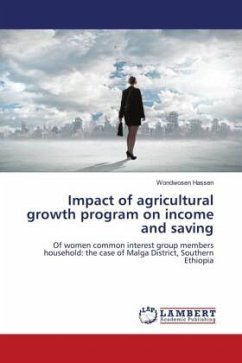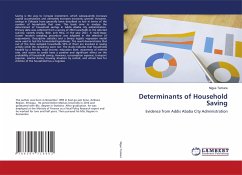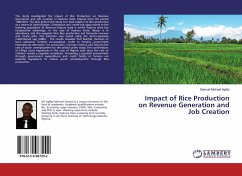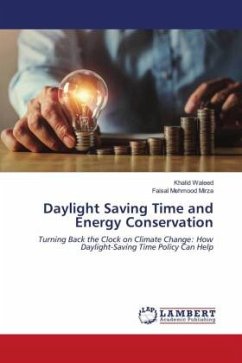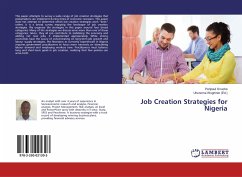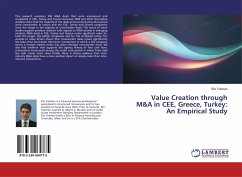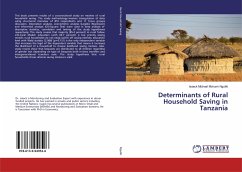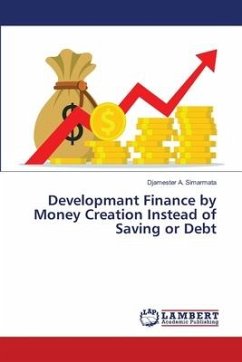
Developmant Finance by Money Creation Instead of Saving or Debt
Versandkostenfrei!
Versandfertig in 6-10 Tagen
29,99 €
inkl. MwSt.

PAYBACK Punkte
15 °P sammeln!
This book describes a way on how to finance economic development in developing countries (DCs) without savings or foreign loans. The economic theory states that one DCs should have enough savings before embarking on development process. Alas, there is a paradox of thrift, saying that an increase in saving will reduce GDP growth and the subsequent savings. Hence it could result in the prolongation of the required savings time, and then delays the development process. If saving is not available, the DCs should borrow foreign loans from saving surplus countries or from international financial ins...
This book describes a way on how to finance economic development in developing countries (DCs) without savings or foreign loans. The economic theory states that one DCs should have enough savings before embarking on development process. Alas, there is a paradox of thrift, saying that an increase in saving will reduce GDP growth and the subsequent savings. Hence it could result in the prolongation of the required savings time, and then delays the development process. If saving is not available, the DCs should borrow foreign loans from saving surplus countries or from international financial institutions. But researches have shown that the economic growth of DCs with foreign loans to finance their development have lower economic growth compared to the self-financing countries. The question is, which domestic sources? Schumpeter proposed the creation of money out of nothing. This was the way France and Germany used to industrialize their countries in the 19th century. This is also the way used by Germany to reconstruct the country after the World War II, and also China after 1980 to catch-up their lags in development. This is the way proposed for DCs, housing billions of people.



